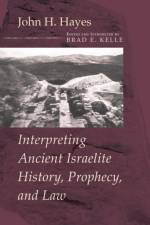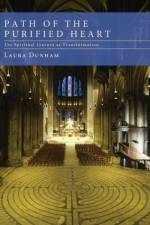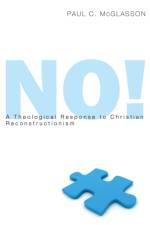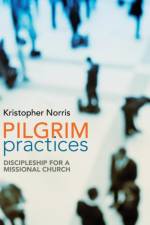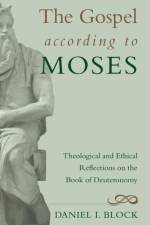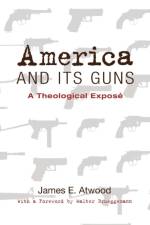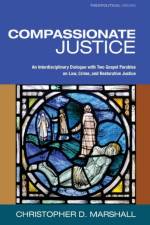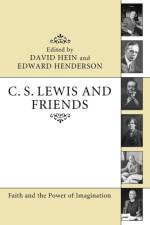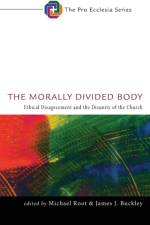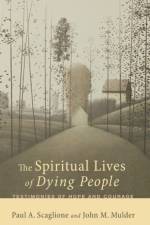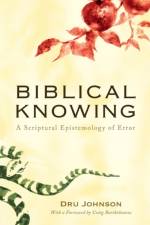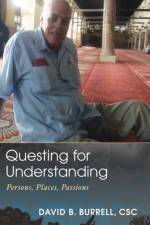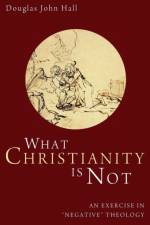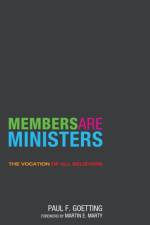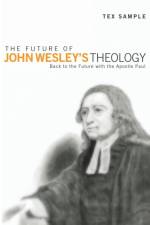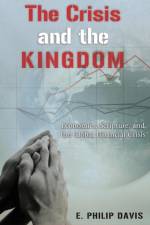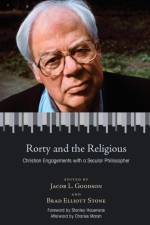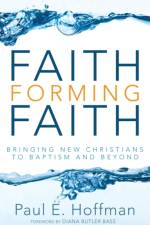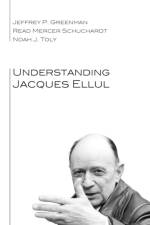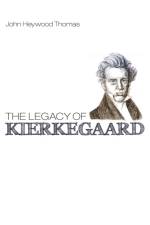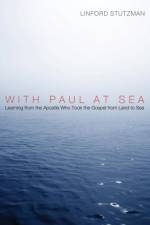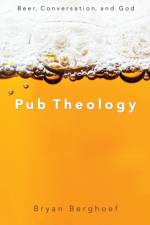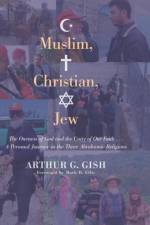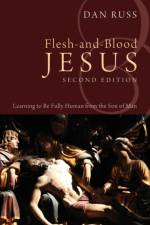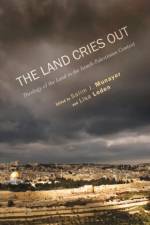av Arthur G Gish
529
""A major challenge for people of faith is to resist the growing demonization of Islam, Christianity, and Judaism . . . I want to do something to build bridges between the three religions. I feel called to embody in my own life the healing, the reconciliation, the unity I long for between people of different religions."" Art Gish became involved in the life and worship of all three religions; he considered himself a Christian, a Muslim, and a Jew, and worked at integrating those three perspectives into his life. Acknowledging that Judaism, Islam, and Christianity are all threatened by narrow-minded, violent extremists who put the particular interests of their own people above our common interests, he tells inspiring stories of open-minded Muslims, Jews, and Christians who struggle together for reconciliation and who confront injustices that spawn hostility. Gish looks not only at the disagreements but also at the unity of the three Abrahamic faiths. He writes, ""When people cross boundaries, exciting things happen. Each time in Israel/Palestine that I experience Jews, Muslims, and Christians eating, working, laughing, and crying together, I sense a foretaste of the coming kingdom of God, a demonstration of how things could be, and one day will be.""""Through stories of human witness in the contexts of suffering, hope, and personal testimony, Gish eloquently calls us to look more deeply into our faith--whether Muslim, Christian, or Jew--as the taproot for interfaith dialogue. Embodying the prophetic gift during his life and in these words published after his untimely death, Gish reminds us that because God can be trusted, we need not fear interfaith relationships.""--Ruthann Knechel Johansen, Bethany Theological Seminary ""Art Gish writes movingly as he draws from his diverse and difficult commitments in the world . . . Gish has seized his moment to be faithful in the world. It is up to us to seize our moment.""--Marc H. Ellis, Baylor University""Art Gish has written an inspiring book for secular and spiritually motivated people who still question the role religion can play in building a culture of peace in the Middle East and around the world. This book is full of wisdom . . . and it is rich with practical experiences of how religious leaders can act for solidarity and justice.""--Mohammed Abu-Nimer, American University""This book is full of inspiring stories of reconciliation and compassion that move toward countering religiously motivated violence. But more than that, Gish points us in a direction that is even more radical, one that will require deep collaboration by the peoples of the Abrahamic religions. He calls us to worship the one God through our words and actions.""--Lydia Neufeld Harder, Toronto School of TheologyRaised a Christian, Art Gish became more personally involved with Islam and Judaism in his work in Israel/Palestine since 1995, with the Christian Peacemaker Teams. He was active in peace and justice for over fifty years. In 2010, after completing this book, Gish died tragically in a farming accident. He is the author of The New Left and Christian Radicalism (1970), Beyond the Rat Race (1972), Living in Christian Community (1979), Hebron Journal: Stories of Nonviolent Peacemaking (2001), and At-Tuwani Journal: Hope & Nonviolent Action in a Palestinian Village (2008).

